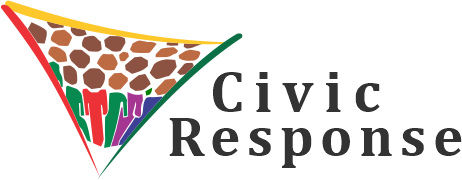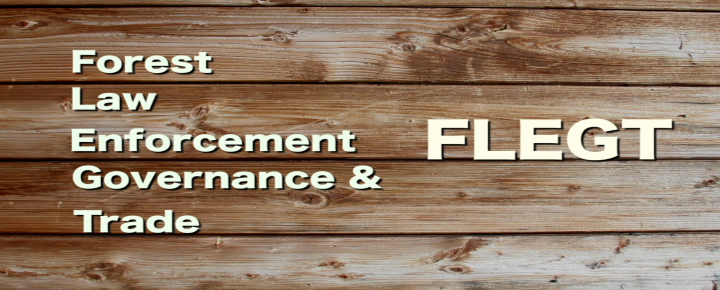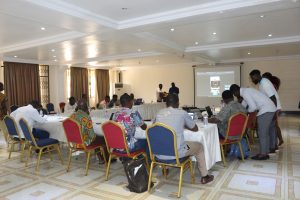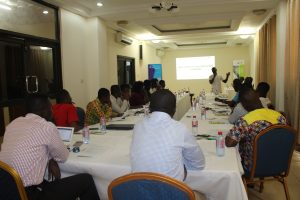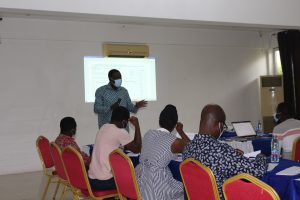A group of civil society organisations working in the forest and mining sector have called for punitive measures to be made part of Ghana’s VPA.
Ghana and the European Union signed the Voluntary Partnership Agreement (VPA) in 2009 and is currently in the process of developing systems to implement the provisions of the agreement. A wood tracking system (WTS) and the protocols for assessing legal compliance are key elements under development.
However, at the just ended Contact Group Meeting held in Ho, the Non-Governmental Organisations comprising ARDO, Conservation Foundation, DEVASCOM, DOLTA, EPAG, Greenglobe Gh., ICAGh, JIDA KCODE, NGC, PROMAG, RECA, RUDEYA, and the Development Institute unanimously agreed that in order for Ghana’s Voluntary Partnership Agreement to be effective there is the need to introduce some punitive measures, as occurs in the Lacey Act of the United States of America. According to them, this would go a long way to deter people from defaulting on the agreement.
“Adopting punitive measures is a sure way of ensuring that people abide by regulations,” Samuel Mawutor, Programme Officer of Civic Response said.
The group also called for a transparency annex to be added to Ghana’s VPA to ensure that information can be easily available and accessible to the public, including the international trading community.
“A transparency annex could be one of the solutions to the due diligence requirement under the European timber regulation,” Mr. Mawutor said.
The Contact Group meeting was convened by Civic Response, a leading natural resource and environmental (NRE) governance policy advocacy organisation in Ghana, and funded by the European Union and UK Aid.
By: Jemima Opare-Henaku|Civic Response
